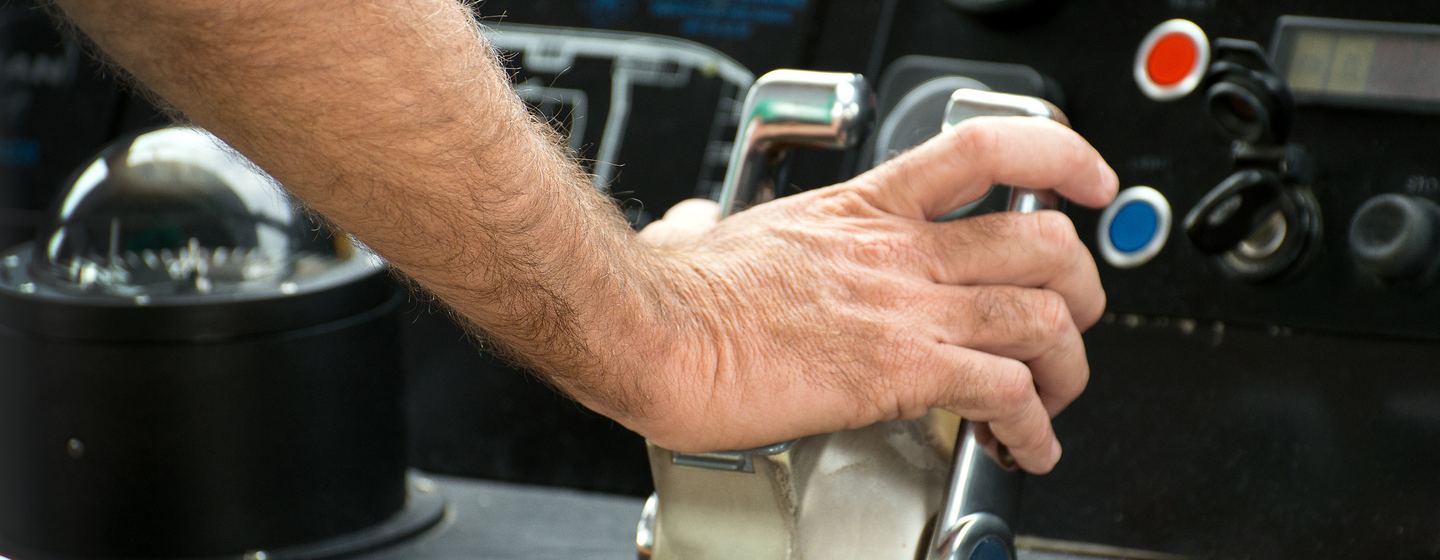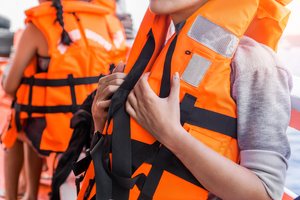In most seafaring countries you must pass a driving test and obtain an official licence before you can legally take charge of a yacht, a powerboat or even a RIB, but you may be surprised at the notable exceptions, including the USA and the UK.
In the US, it depends on which state you’re in; some states require a licence or evidence of training while others don’t. In many states, you don’t need a licence if you were born before the requirement to have one was introduced (often in the 1980s). See our table for US Training Requirements for more details.
Boating, on the whole, is statistically very safe, probably because the majority of yacht owners seek training before venturing out to explore, dream and discover.
In the UK, no licence is needed for leisure boating except for yachts longer than 24 metres (79ft), or larger than 80GT (gross tons, a measurement of internal volume, not weight). The majority of yachts are below this upper limit and the UK law doesn’t require you to have any certificate, or training, to drive them.
That said, it’s extremely unwise to take command of a yacht without any knowledge or training. There are plenty of pitfalls including some real potential dangers, many of which can’t be avoided using just common sense. With training, you can feel safer, calmer, more in control, and enjoy yacht ownership a whole lot more.
- Good Reasons to Get Trained
- Gold Standard Yacht Training
- Learn Locally, or on Holiday
- Training Centres - Bespoke and Open Courses
- Own Boat Tuition - Learn on Your Own Yacht
- Where to Begin - Yacht Training from Scratch
- Essential Boating Knowledge - A Joy to Learn
- Training Requirements for Chartering a Yacht
- Training Requirements for Yacht Insurance
- Advanced Training Courses - Continuous Learning
- Specialist Skills - Enhancing Yacht Safety
- Informal Yacht Training - The Value of a Refresher
- US Yacht Training Requirements (State by State)
Good Reasons to Get Trained
Through training, your understanding and knowledge will develop and your level of enjoyment onboard will increase. Knowledge, as they say, is power; it also prevents collision with other boats, avoids a choppy ride if you fail to account for wind against tide on your way to lunch, and you’ll instinctively learn the right amount of bow thruster to prevent you from hitting the concrete wall of the marina on your way back in.
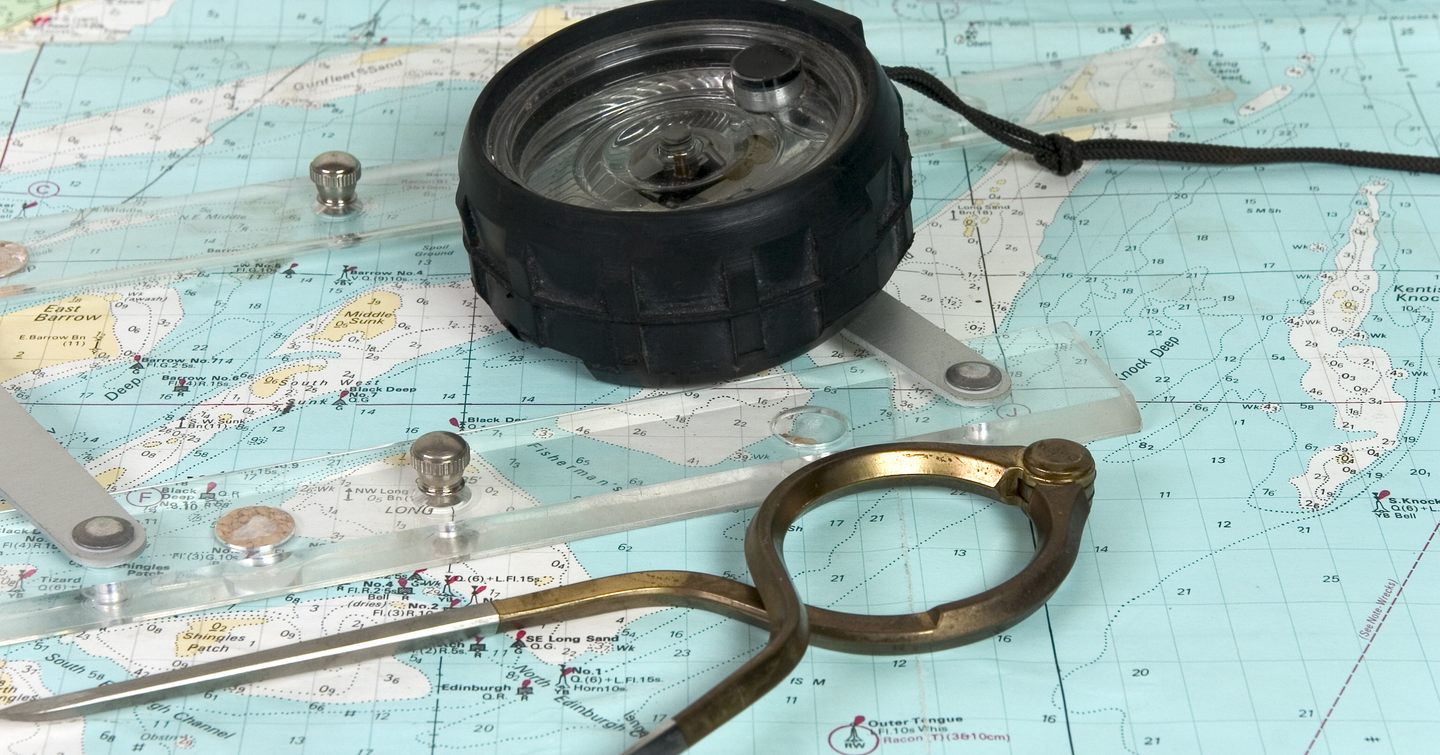
If you exude a calm and in-control attitude whilst onboard, your family and friends will feel it too. Your insurance broker will also be enveloped within your calm demeanor when you present nautical qualifications to secure the best premium.
A good working knowledge of tide if you’re in a tidal region, weather forecasting and appreciation of sea conditions is absolutely essential for safe boating in coastal waters. A training course will teach you useful skills, like boat handling techniques and parking manoeuvres, which are difficult to figure out on your own. Just like driving a car, you need to understand the ‘rules of the road’ including some that aren’t obvious or intuitive.
It also serves you well to book some ‘own boat’ tuition with an experienced captain as your guide around every nook and cranny of the yacht, and providing useful berthing practice. We will cover this later.
You will definitely get a lot more enjoyment from your yacht if you know what you’re doing.
A marine certificate will enable you to hire boats and yachts whilst on holiday often without the requirement of a skipper or captain. A charter company will require sight of a relevant licence before handing over the keys. When boating overseas, local maritime authorities will require proof of an internationally recognised certificate. (More on this below).
Whilst you do not need a licence to drive a small yacht in the UK, you will need a radio operator’s licence to use the yacht’s VHF radio; this is an essential tool for communication and safety.
Gold Standard Yacht Training
In the USA, while the bare minimum varies from state to state, the United States Coast Guard (USCG) captain’s licence is the nationally recognised, higher-level certificate of competence that yacht owners aspire to.
There are actually a number of different USCG captain’s licences for professional mariners but for leisure boating you’ll only need the basic one, which is colloquially known as a ‘six pack’ because it also qualifies you to take up to six paying passengers on board.
Before you can take the USCG exam, you need to keep a detailed log of your ‘sea time’ and ‘sea miles’ – the time you spend in charge of yachts or boats and the distance you’ve covered – demonstrating 360 days at sea, of which 90 days must be within the last three years.

Outside of the USA, the UK-based Royal Yachting Association (RYA) provides a step-by-step training scheme for recreational boating and is widely recognised around the world. The RYA scheme starts with courses for beginners (competent crew) and leads up to Yachtmaster qualifications for advanced seafarers.
Some of the training stages are practical boating course completion certificates, supported by navigation theory study. To achieve a day skipper licence, to safely navigate a small vessel in fair weather and familiar waters up to 20 nm offshore, there are two week long courses, one week shorebased and one week onboard a small yacht.
Many other European countries have their own national training schemes that provide training to a similarly high standard.
A rival to the RYA, International Yachtmaster Training (IYT) offers its own training courses and certificates in the US and increasingly in many other parts of the world. Like the RYA, its top leisure boating qualification is a Yachtmaster certificate.
The standard and scope of IYT training is broadly similar to RYA courses and its examiners are equally rigorous. The certificates achieved through IYT are widely recognised (including by the US Coast Guard and the UK’s Maritime & Coastguard Agency), but in practice IYT certificates are less well known than RYA qualifications in many parts of the world.
Learn Locally, or on Holiday
If you’re buying a yacht and planning to use it in a specific area, it makes a lot of sense to train in your local cruising ground. That way you’ll become familiar with the sea and tide conditions, navigational hazards and local regulations when you start doing it on your own.
However, there’s also a lot to be said for easing yourself gently into boating by combining a hands-on training course with a summer holiday and learning the essential skills somewhere hot and sunny with non-challenging sea conditions, like the Mediterranean or the Caribbean.
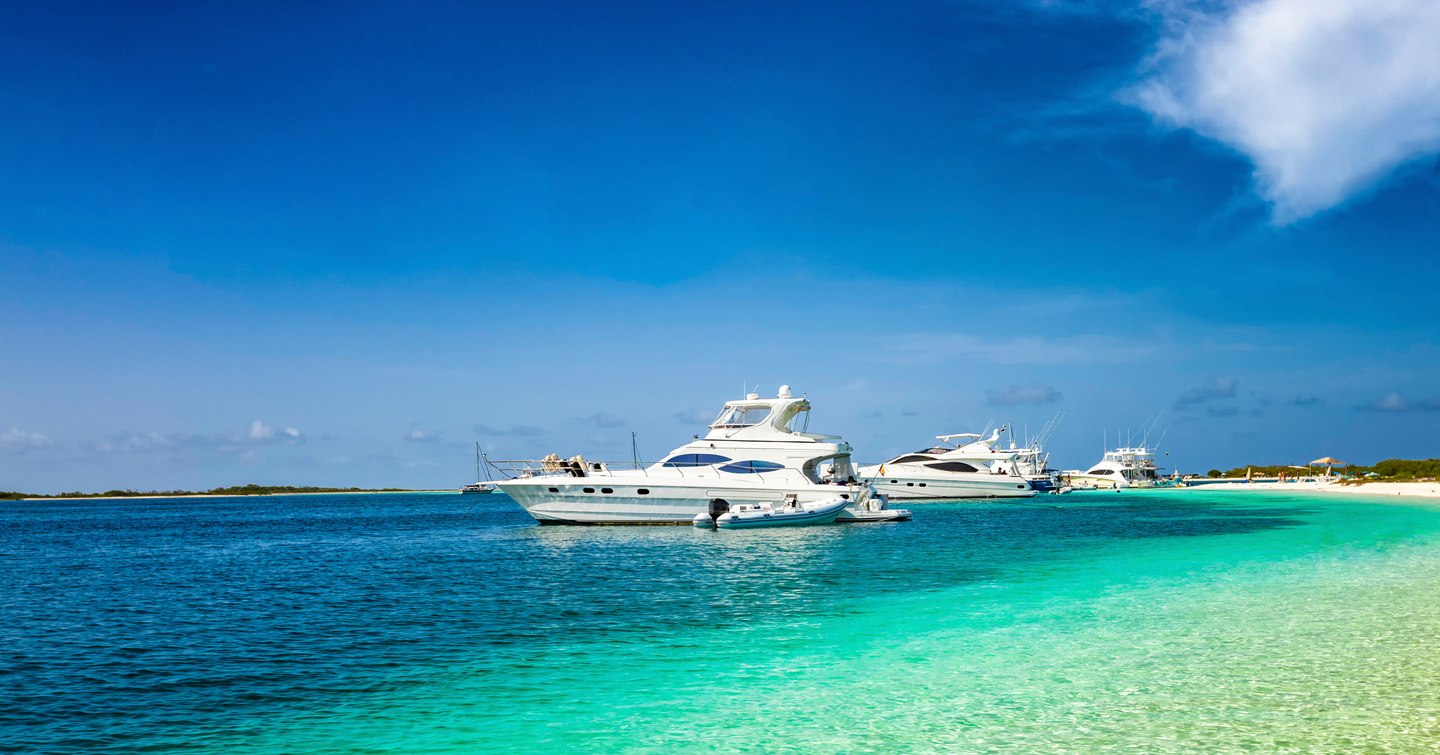
If you’re buying a yacht and planning to use it in a specific area, it makes a lot of sense to train in your local cruising ground.
The RYA has over 2,500 training centres worldwide, including popular boating holiday hotspots of Spain’s Balearic Islands, the French and Italian Rivieras, Croatia, Greece, Turkey, the Canary Islands, the Virgin Islands, Antigua and Barbados. RYA courses are also available in the Seychelles, Australia, Singapore, the United Arab Emirates and there are even a couple of RYA training centres in the USA.
By contrast, US Powerboating is nationally focused with around 150 training centres throughout the US and a few overseas. Boating courses are also available from the American Sailing Association (which is the US equivalent of the RYA) but its syllabus is designed specifically for sailing yachts, not motor yachts.
Training Centres - Bespoke and Open Courses
Some training centres are commercial yacht training schools; others are primarily boating-holiday-with-tuition providers, and many are private yacht clubs offering training to their members. As some courses are liveaboard, numerous centres cater for training a whole family, or group of friends, on the same course.
Own Boat Tuition - Learn on Your Own Yacht
A further option for yacht owners, offered by many training centres and also by independent professional boating instructors, is to arrange private tuition on your own yacht.
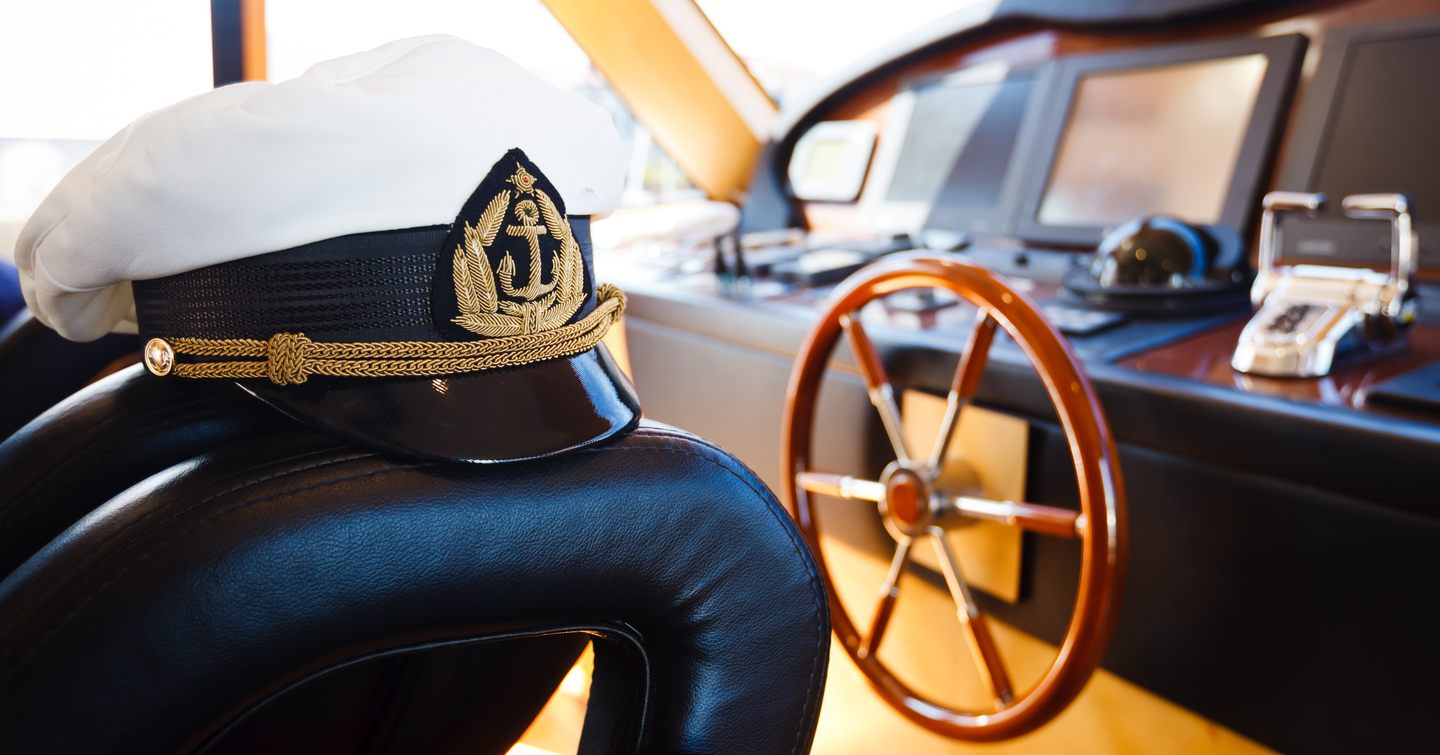
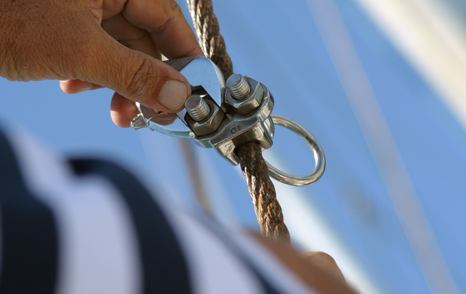
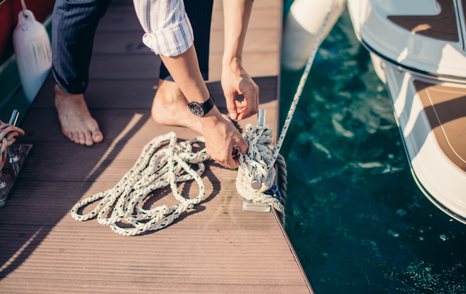
The obvious advantage is that it allows you to learn and practice on the yacht that you’re going to be using. On the other hand, it is easier to learn the key skills on a small boat before applying them to a larger yacht, and many people find it less stressful to practice things like navigation and parking manoeuvres on a boat that belongs to someone else.
Most new yacht owners find that it’s useful to do a bit of both: go on a course to learn as part of a group and follow it up with some one-to-one lessons on your own yacht.
Where to Begin - Yacht Training from Scratch
The RYA and US Powerboating both offer one-day and two-day taster courses to help you decide whether or not you enjoy boating enough to pursue it as a hobby. These courses are designed to be easy and fun; they cover the basics and give you the knowledge and skills to drive a yacht safely under the supervision of a more experienced person.
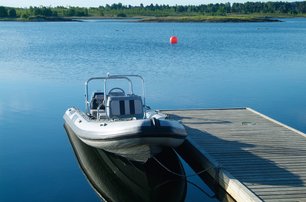
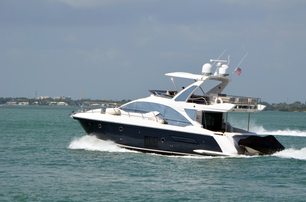

If you want to be independent and self-sufficient on the water, the RYA and US Powerboating both offer more in-depth ‘level two’ courses that assume no prior knowledge of boating and cover the essentials you need to enjoy a yacht safely in good weather conditions: boat handling and manoeuvres, parking techniques such as mooring, anchoring and coming alongside (docking), man overboard rescue and more.
Essential Boating Knowledge - A Joy to Learn

The next step – which can be combined with the one above – is a shorebased navigation theory course (like RYA Day Skipper) that equips you with the essential knowledge and skills needed to confidently and safely navigate a yacht: seamanship, pilotage, chartwork and navigation, weather forecasting, collision avoidance, emergency and safety procedures, and so on. There is much to learn and it will make a lot more sense if you’ve done a practical on-the-water course as described above.
So much crucial and useful knowledge is packed into in these courses that they really are worthwhile.
Boating theory courses can be taken as a series of short classroom sessions, by distance learning or as an intensive course. It might seem like a lot of hassle but so much crucial and useful knowledge is packed into in these courses that they really are worthwhile. Most people tend to do them in the winter months on a night class plan, when the weather is too nasty to enjoy being out on the water.
If you don't use it, you lose it and it's important to take the time to practice all the skills you’ve learned. Pull on your deck shoes and get out there, either on your own yacht or on a ‘bareboat’ charter holiday.
Training Requirements for Chartering a Yacht
It is highly unlikely that you will require an advanced mariners qualification, like a Yachtmaster certificate or a USCG captain’s licence, to hire and drive a typical cruising yacht whilst on holiday; for most purposes an intermediate-level qualification is sufficient.
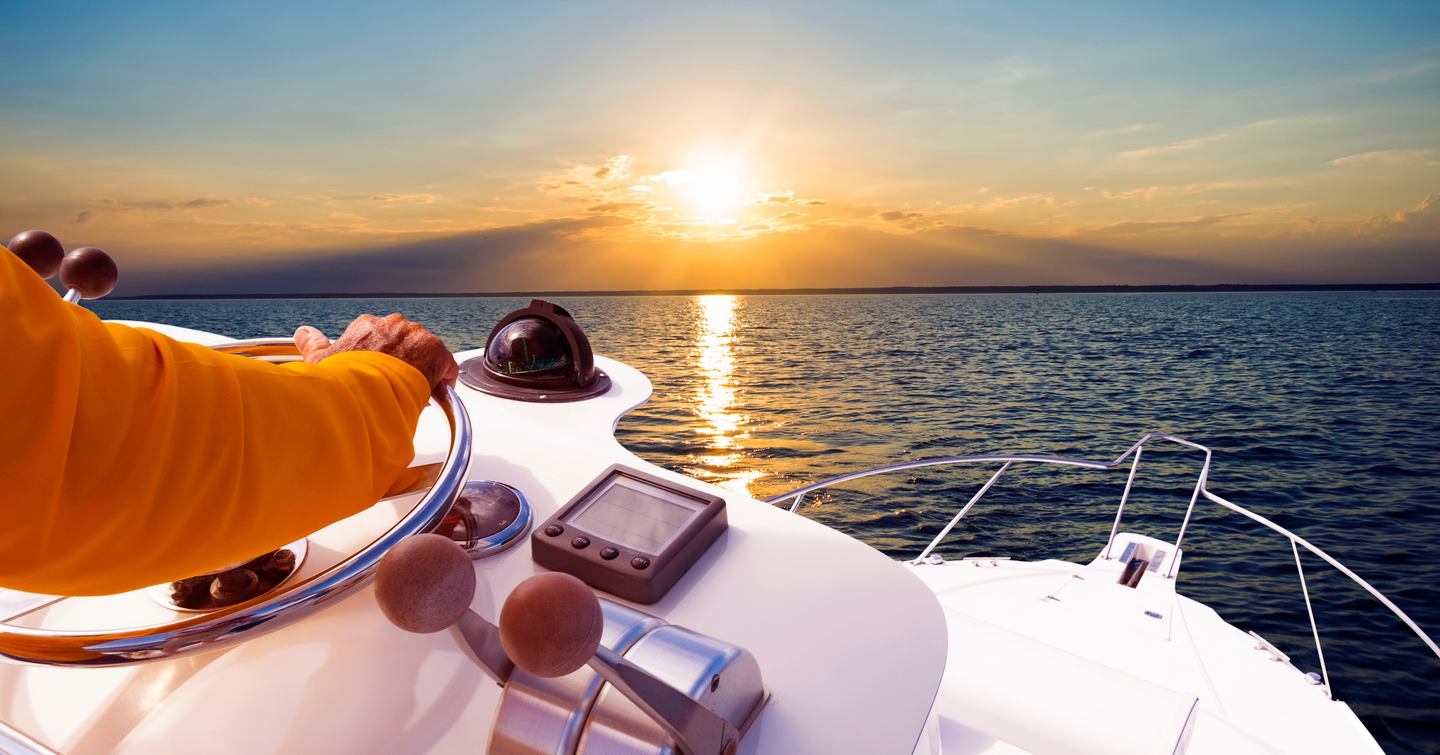
Holding an internationally accepted certificate of competence does open doors to charter opportunities, indeed most yacht charter companies and agents expect it for ‘bareboat’ charter. Without a certificate you will still be able to charter, but only with a professional skipper (captain) on board. This will naturally increase the cost and reduce your privacy, but you may well learn some further skills throughout the day.
The standard requirement for a bareboat charter is the RYA Day Skipper or an equivalent qualification. If you have one of these, you can apply for an International Certificate of Competency (ICC), if you meet the nationality requirement. (This is based on countries with reciprocal agreements.) Whilst the ICC is not officially recognised by all countries, it is unofficially accepted by nearly all yacht charter companies and agents around the world.
There are a few worldwide charter companies (like Sunsail and The Moorings) that will accept people who don’t have a certificate but do have equivalent experience and can prove it. This decision is made on a case-by-case basis. Most charter companies, if they’re not convinced that you have the expertise for a bareboat charter, will offer you a package that starts with a training course (usually several days with an instructor on board) which then becomes a bareboat charter.
Training Requirements for Yacht Insurance
Few yacht insurers have a hard-and-fast rule requiring a driver’s licence or training certificate. Most underwriters are happy to accept yacht owners who have experience that is equivalent to a certificate, and they may not even demand to see proof of it upfront. However, if you then need to make an insurance claim you may have to prove your level of experience. In practice, it’s wise to have a certificate.
Yacht insurance can be inexpensive for some types of vessel (those that are small, slow, very seaworthy, relatively modern and modest in value) and a lot more expensive for others. An intermediate-level boating qualification will often make your insurance premium substantially cheaper.
Yacht insurance can be relatively inexpensive for some types of vessel and a great deal more expensive for others.
For large, high-performance or high-value yachts, for long-distance ocean cruising, or for any yacht that is used in an area where the sea conditions are particularly challenging, a higher-level boating certificate may be required. For any sort of adventure cruising, pr extended passages offshore (150 nm) a USCG Captain’s Licence or Yachtmaster qualification is likely to make your insurance premium cheaper.
Advanced Training Courses - Continuous Learning
Boating is one of those hobbies that just keeps on getting better as you learn more about it. Many yacht owners go for the high-level qualifications – Yachtmaster and USCG Captain – simply because the knowledge and skills that you learn from these courses enriches the experience of yacht ownership.
If you want to feel confident cruising in rough weather, driving your yacht at night, making long or adventurous voyages, or navigating in more challenging areas (like the Bahamas, the South Pacific, the coast of Maine or Scandinavia), then high-level training is definitely recommended.
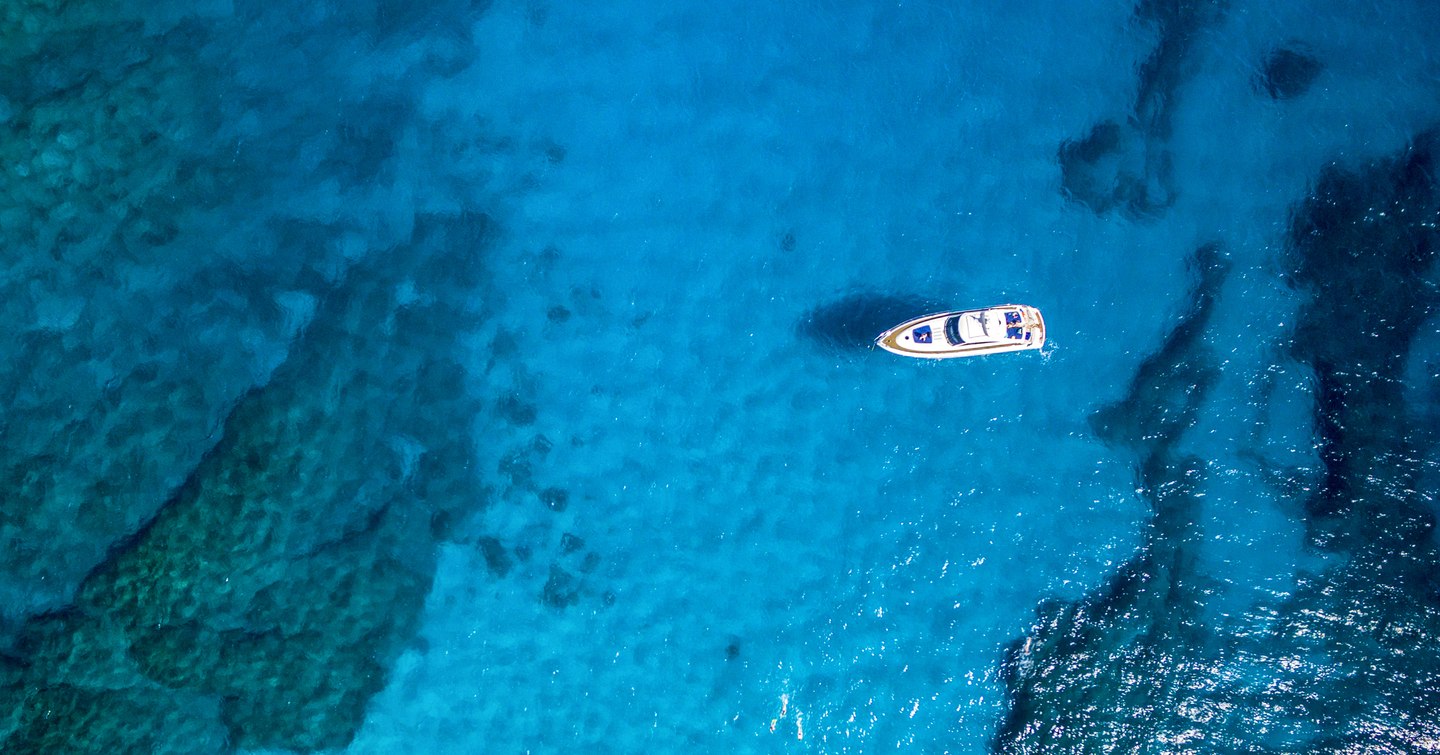
Specialist Skills - Enhancing Yacht Safety
There are a range of short, specialist courses outside of the core boating skills syllabus that are very useful throughout yacht ownership. These include subjects like radar, sea survival, first aid at sea, VHF radio and diesel engine maintenance. They’re available as classroom sessions at many training centres and are also arranged informally as night school classes by independent instructors. Distance learning packages are also available.
You will also find a wealth of resources online, from changing an impeller to plotting a complicated course through a tidal gate.
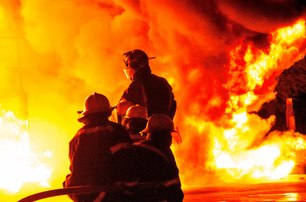
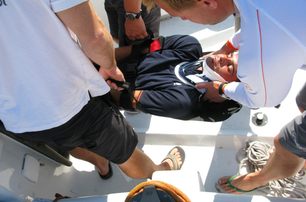
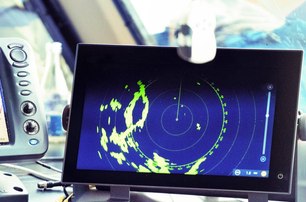
Informal Yacht Training - The Value of a Refresher
Many training centres, or independent instructors, provide informal training on request – from a one-day refresher course after winterisation, or a boat-handling session if you are new to large yachts or high-performance powerboats.
However much training you have, it’s no substitute for going out on the water and building up hours and days of practical experience, driving your own yacht. Even after years of boat handling, you’ll find that you still keep learning, and that’s what makes it so rewarding.
Do keep a log book of your own sea miles and days at sea; it is rewarding to look back on cruising adventures and find your notes about that charming little anchorage you discovered quite by accident.
US Yacht Training Requirements (State by State)
| State | Licence or training requirements |
| Alaska | None |
| Arizona | None |
| Arkansas | Safety course for anyone born after the end of 1985 |
| California | None |
| Colorado | Safety course and exam for 14- and 15-year-olds |
| Connecticut | Safe boating certificate for all |
| Florida | Safety course and ID card for under-22s |
| Hawaii | None |
| Idaho | None |
| Illinois | Safety course for children (12-17) |
| Indiana | Safety course for under-18s |
| Iowa | Safety course for children (12-17) |
| Kansas | Safety course for anyone born after 1 January 1989 |
| Kentucky | Safety course for children (12-17) |
| Louisiana | Training certificate for anyone born after 1 January 1988 |
| Maine | None |
| Maryland | Safety certificate for anyone born after 30 June 1972 |
| Massachussetts | Safety certificate for under-18s |
| Michigan | Safety certificate for anyone born after the end of 1978 |
| Minnesota | Safety course for children (12-17) |
| Missouri | Boating certificate for anyone born after 1 January 1984 |
| Montana | Safety certificate for 13- and 14-year-olds |
| Nebraska | None |
| Nevada | Training course for anyone born after 1 January 1983 |
| New Hampshire | Training and safety course for any boat with more than 25hp |
| New Jersey | Safety certificate for everyone |
| New Mexico | Safety course for everyone born after 1 January 1989 |
| New York | Safety course for under-18s |
| North Carolina | Safety course for 14- to 16-year-olds |
| North Dakota | Safety course for 12- to 15-year-olds |
| Ohio | Training course for anyone born after 1 January 1982 |
| Oklahoma | Training course for 12- to 16-year-olds |
| Oregon | Safety course with exam for any boat with more than 10hp |
| Pennsylvania | Safety course with exam for anyone born after 1 January 1982, required for all boats with more than 25hp |
| Rhode Island | Safety course with exam for anyone born after 1 January 1986 |
| South Carolina | Safety course with exam for under-16s |
| South Dakota | None |
| Tennessee | Safety course with exam for anyone born after 1 January 1989 |
| Texas | Safety course with exam for anyone born after 1 September 1984 |
| Utah | Training course for children (12-17) |
| Vermont | Safety course for anyone born after 1 January 1974 |
| Virginia | Training course for everyone |
| Washington State | Training certificate for under-25s |
| Washington DC | Safety certificate for everyone |
| West Virginia | Training course for anyone born after the end of 1986 |
| Wyoming | None, but minimum age of 16 |
